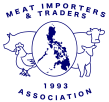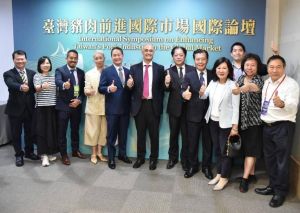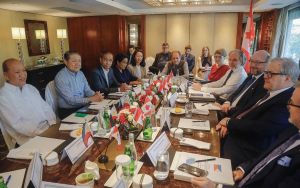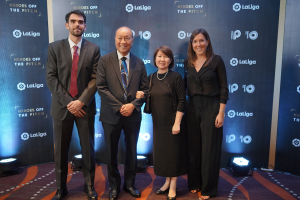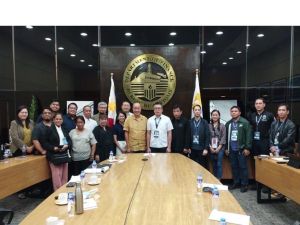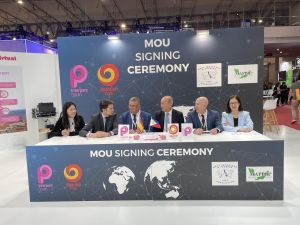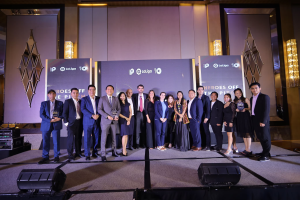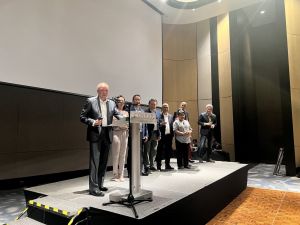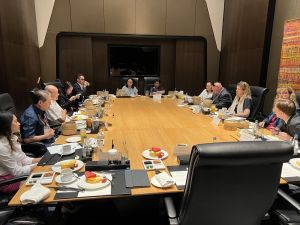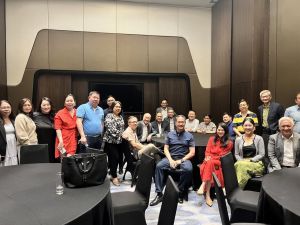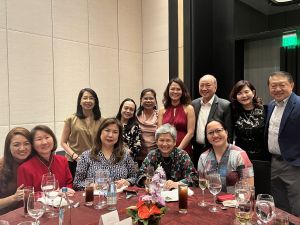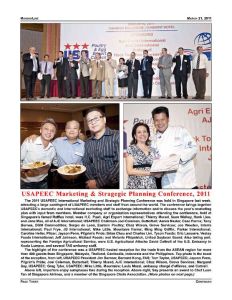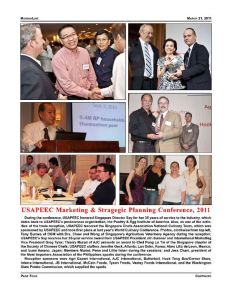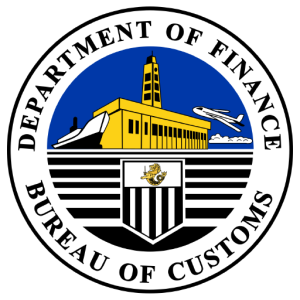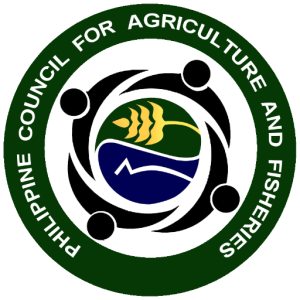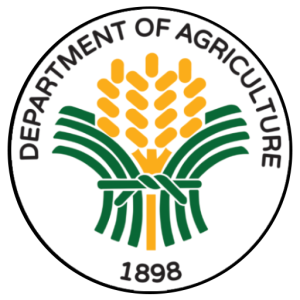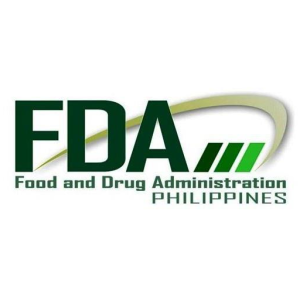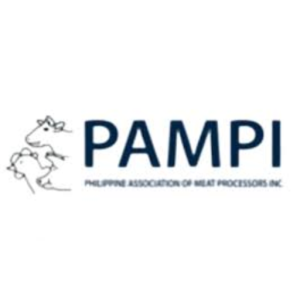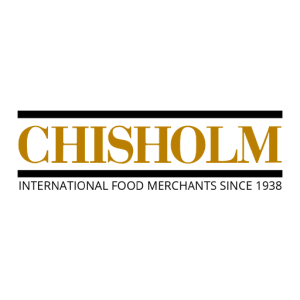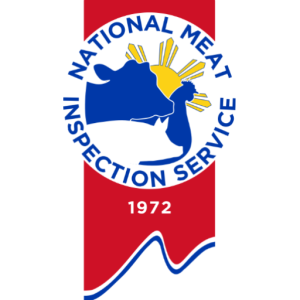
The Philippines joined the WTO in 1995 which opened up meat imports to a wider market, but under a quota system. Prior to 1995, only meat processing companies, hotels, and restaurants were allowed to import frozen meat and only for their own consumption, not for resale.
In the same year, a group of 12 companies formed the Meat Importers and Traders Association (MITA). Its primary objective then, as it remains today, is to ensure continued free market access and promote a fair and level playing field.
Not long after its formation, MITA helped the Department of Agriculture craft the regulations and mechanisms that govern the allocation and distribution of import quota. It was a watershed moment coming from over 20 years of import restrictions.
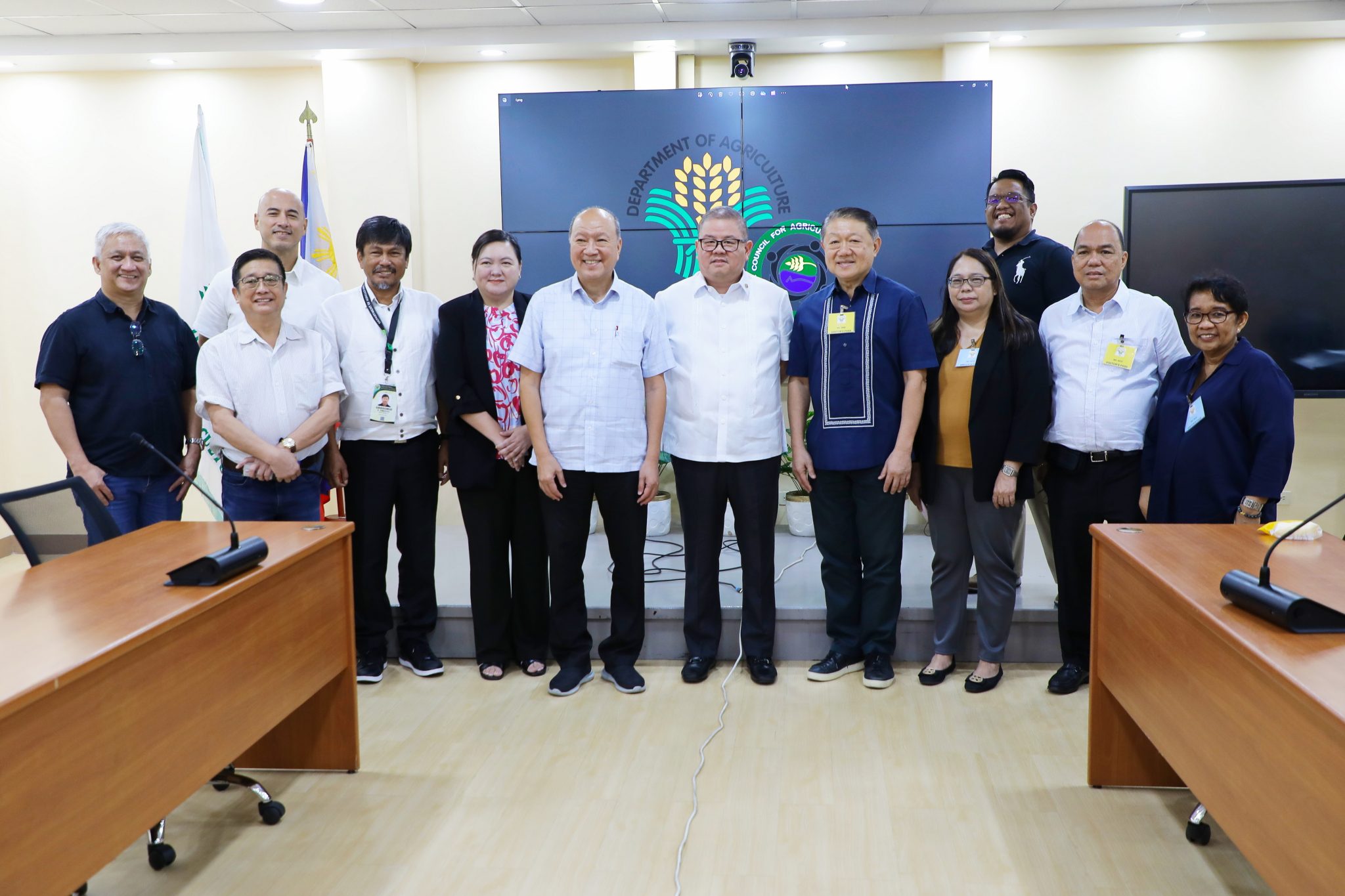
In the years that followed, MITA constantly engaged all levels of the Department of Agriculture and other branches of Government such as the National Economic and Development Authority, the Bureau of Customs, the Tariff Commission, and the Legislature on matters involving not only market access, but also domestic production, bio-security, import duties, anti-smuggling efforts, and food inflation. It has consistently responded to the call of the Government to increase imports whenever local production is adversely affected by natural calamity or disease.
Today, MITA has more than 80 members and has a solid reputation built on transparency, fairness, and willingness to engage in dialogue. It has earned the trust and confidence of not only the Philippine Government but also our trading partners. Nearly 30 years since it’s founding, our Association remains relevant more than ever as the industry faces new challenges brought by animal diseases that could become panzootic and threaten food security.






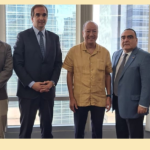
MITA representatives underlined their efforts advocating for the Filipino government to ease the entry of foreign pork suppliers.


MITA became part of Ireland's 1st high-level trade mission in Philippines to strengthen the trade partnership of two countries.
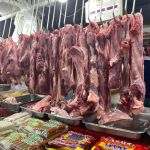
Recognized globally, meat imports are rising in the Filipino Market and MITA helps to keep the prices under control
To be an association that serves as a frontline contributor in the nation’s food security and safety, and an active participant in the development of the Philippine meat industry. To be a frontline contributor in the nation’s food security and an active participant in the development of the Philippine meat industry
We will advocate a fair and science-based trade of both locally produced and imported meat, by collaborating with government and industry stakeholders in identifying gaps and policy issues in the supply chain to ensure that consumer needs are met.
Promote fairness among government regulators and stakeholders (members, local producers, academe, last mile distributors, 3rd party provider and consumer groups).




Access to imports boosts the purchasing power of an individual; it gives the consumers the capability to buy goods at lower prices, without sacrificing the quality.
The Food Industry’s development, both domestic and export markets, relies on a regulatory framework that ensures consumer protection and fair trading practices.
Innovations that are guided by smallholder farmers, adapted to local circumstances, and sustainable for the economy and environment will be necessary to ensure food security in the future.
